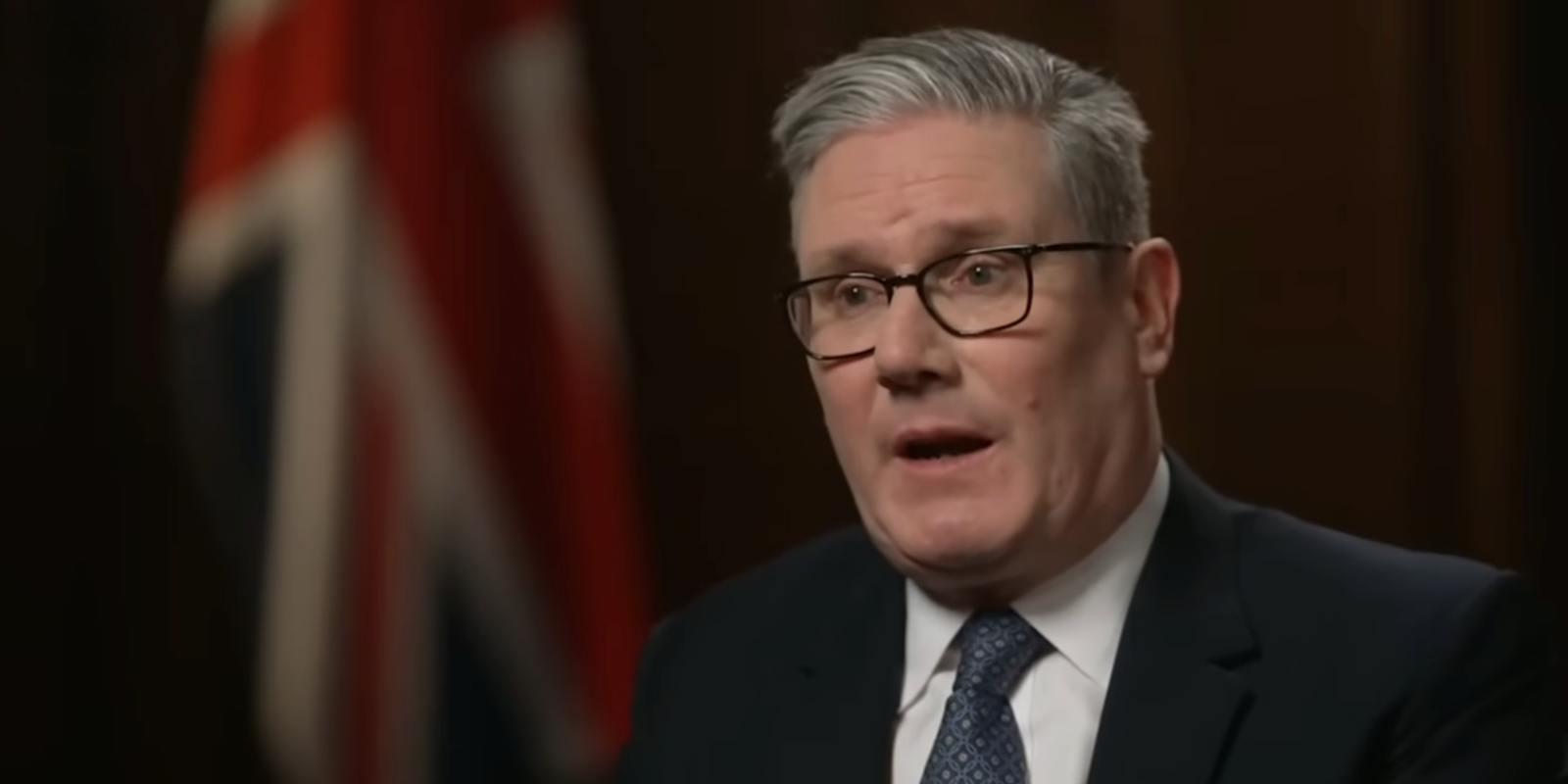This week in Congress is all about the budget. Both the House and the Senate are preparing to debate different House and Senate crafted budgets for fiscal year 2016.
One or both may not pass.
The budget is the Congressional blueprint for next year???s spending priorities and caps. The beauty of a budget is that it does not have to go to the President because it merely sets internal caps for Congress to follow and sets down special rules for debating certain budgetary matters.
It sets the table for something called ???reconciliation.??? This is a special privileged matter that can skirt a filibuster in the Senate. Conservatives wanted to use this special expedited process to repeal ObamaCare, but that seems very unlikely.
House Budget
Chairman of the House Budget Committee Tom Price (R-GA) has produced a budget that is strong on paper, yet missing a few key elements. This plan contains some of the laudable goals of Rep. Paul Ryan???s plans of the past.
The House budget contains some excellent ideas.
According to the Washington Post, it repeals several elements of Dodd-Frank and would require the Consumer Financial Protection Bureau to be funded by Congress. The budget reforms Medicaid by putting plans in the control of state governments. It also privatizes Fannie Mae and Freddie Mac.
The problem is that there are some fatal flaws to the House budget.
First, it does not approach the savings in the House Republican Study Committee (RSC) budget that balances in 5 years and cuts $7.1 trillion over the next ten years reported The Hill. The Price budget only cuts $5.5 trillion over the next decade.
Second, the budget does not explicitly repeal ObamaCare. According to Bloomberg, the budget claims to save $1 trillion in a nondescript category of ???other mandatory??? reductions to spending that are not spelled out. The budget claims to repeal and replace ObamaCare, yet it assume that the taxes collected pursuant to ObamaCare will continue to be collected for the next ten years.
It makes it very easy to balance a budget on paper in 10 years if you claim $1 trillion in cuts that are never spelled out and assume $700 billions in ObamaCare taxes that your budget does not plan on collecting. These budget gimmicks may lead some House conservatives to vote no.
Senate Budget
The Senate is a whole different ball game, because Republicans only have a four-seat majority and can???t afford to lose staunch fiscal conservatives.
Senate Budget Committee Chairman Mike Enzi (R-WY) has produced a budget that is a bit less bold than the House, yet it contains some important reforms.
Even with the reforms, this budget may not go far enough for members who will be under a microscope over the next year in states like Iowa, New Hampshire and South Carolina because it does not balance immediately.
One of Enzi???s biggest problems is three Senators are running for president (Sen. Lindsey Graham of South Carolina does not count) and none want had the following talking point to a governor or former governor during a debate:
???As governor of (insert state), I balanced my budget every year. These so called senate conservatives standing next to me voted for a budget that did not balance for 10 long years.???
Governors and former Governors Chris Christie, Bobby Jindal, Scott Walker, Jeb Bush, John Kasich, Mike Pence and Mike Huckabee benefit from the fact that all states with the exception of Vermont have a constitutional, statutory or judicially imposed balanced budget requirement.
If Sens. Ted Cruz, Rand Paul or Marco Rubio all vote no, then we can expect Sen. Mike Lee (R-UT) to also vote no. If these four Senators vote no, the budget can???t pass. None of these presidential aspirants will allow another Senator to outflank them on spending, let alone a governor, therefore it is hard to imagine this budget passing the Senate.
Finally, Daniel Horowitz of Conservative Review identified a fatal flaw of this plan. The plan is good, but ???they have no intention of standing behind any critical element of the budget. So why waste our time???? If conservatives vote for a budget blueprint that is never going to be implemented, they should expect a backlash when these budgetary promises are inevitably broken.
Government Mandated Drug Pricing
There is a hearing today on the 340B drug-pricing program in the House Energy and Commerce Committee. ObamaCare expanded this program in a way never intended by the original authors.
The program was intended to be a way to get low cost drugs to the poor. After ObamaCare multiplied the mandates, the result was that middlemen were deemed qualified to buy up low cost drugs, flip them and make a profit.
According to the American Action Forum, ???between 2004 and 2013, 340B purchases have grown from $0.8billion to $7.2billion per year. While 340B discounts affected 3 percent of purchased drugs in 2004, the discounts impacted over a quarter of prescription drugs in 2013.??? Hopefully this hearing exposes those who are gaming the system.





